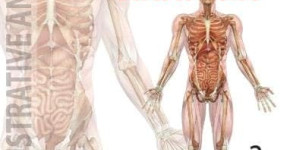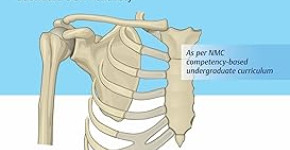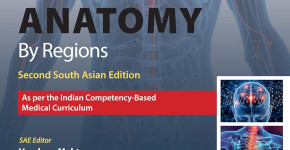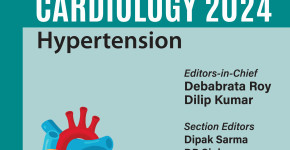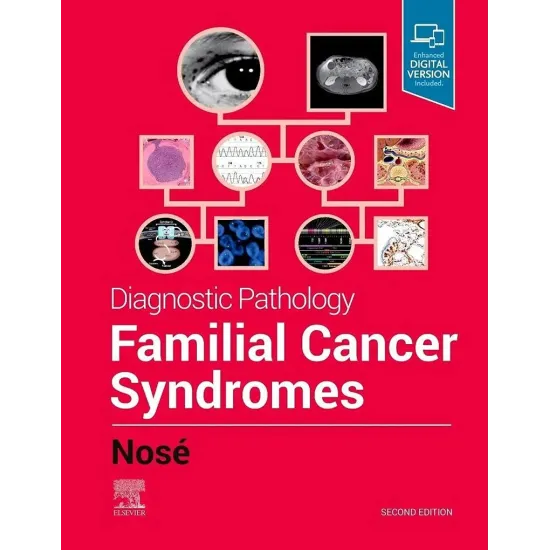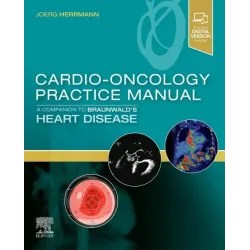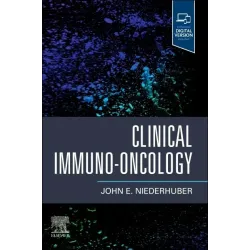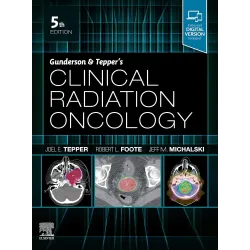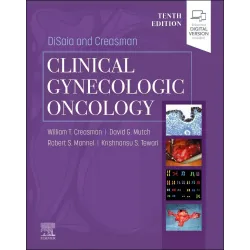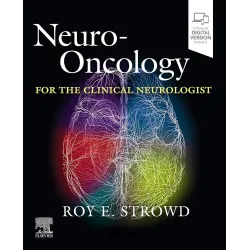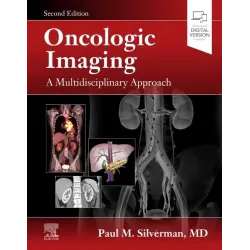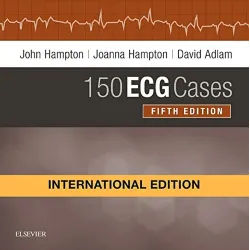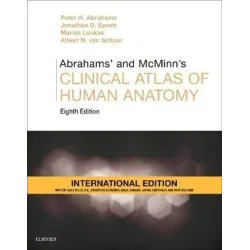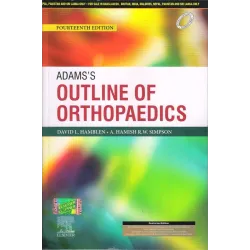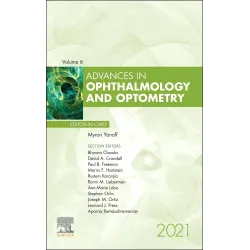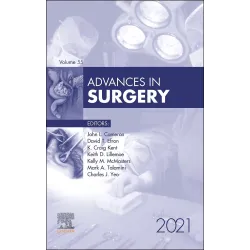Diagnostic Pathology: Familial Cancer Syndromes - 2E
Diagnostic Pathology: Familial Cancer Syndromes - 2E
This product qualifies for free shipping
Easily add or remove custom info blocks on any product. Define rules on which blocks can appear, such as a certain price, category, brand or options.
- Stock: In Stock
- ISBN: 9780323712040
- Author: Nose
- Year: 2021
- Edition: 2nd
150 samples sold
18485 views
NPR30,070.56
NPR38,552.00
Ex Tax: NPR30,070.56
Diagnostic Pathology: Familial Cancer Syndromes - 2nd Edition is an essential guide for pathologists, oncologists, and medical professionals dealing with hereditary cancer syndromes. This comprehensive reference provides detailed insights into the genetic and pathological aspects of familial cancer syndromes, enabling accurate diagnosis and effective patient management.
Key Features:
- Extensive Coverage of Cancer Syndromes: Includes a wide array of familial cancer syndromes such as Lynch syndrome, BRCA-related cancers, and rare syndromes, providing a thorough understanding of their genetic and pathological characteristics.
- Expertly Curated Content: Authored by leading experts, the book integrates the latest research and clinical guidelines, offering a state-of-the-art approach to diagnosis and management.
- High-Quality Visuals: Features detailed pathology images, diagrams, and tables to aid in identifying key diagnostic features and patterns.
- Practical and Case-Based Approach: Includes clinical case studies and practical insights to bridge the gap between pathology and patient care.
- User-Friendly Layout: Organized for quick reference with clearly defined sections on epidemiology, genetics, pathology, and clinical implications for each syndrome.
Book Details:
- ISBN: 9780323712040
- Publisher: Elsevier
- Edition: 2nd
- Format: Hardcover
- Pages: 650 (approx.)
- Dimensions: 11 x 8.5 x 1.2 inches
- Weight: 2,300 grams
Diagnostic Pathology: Familial Cancer Syndromes - 2nd Edition is an invaluable resource for healthcare professionals aiming to enhance their understanding of hereditary cancer syndromes. Its comprehensive, evidence-based content and practical approach make it an indispensable tool for improving diagnostic precision and patient outcomes in oncology.

